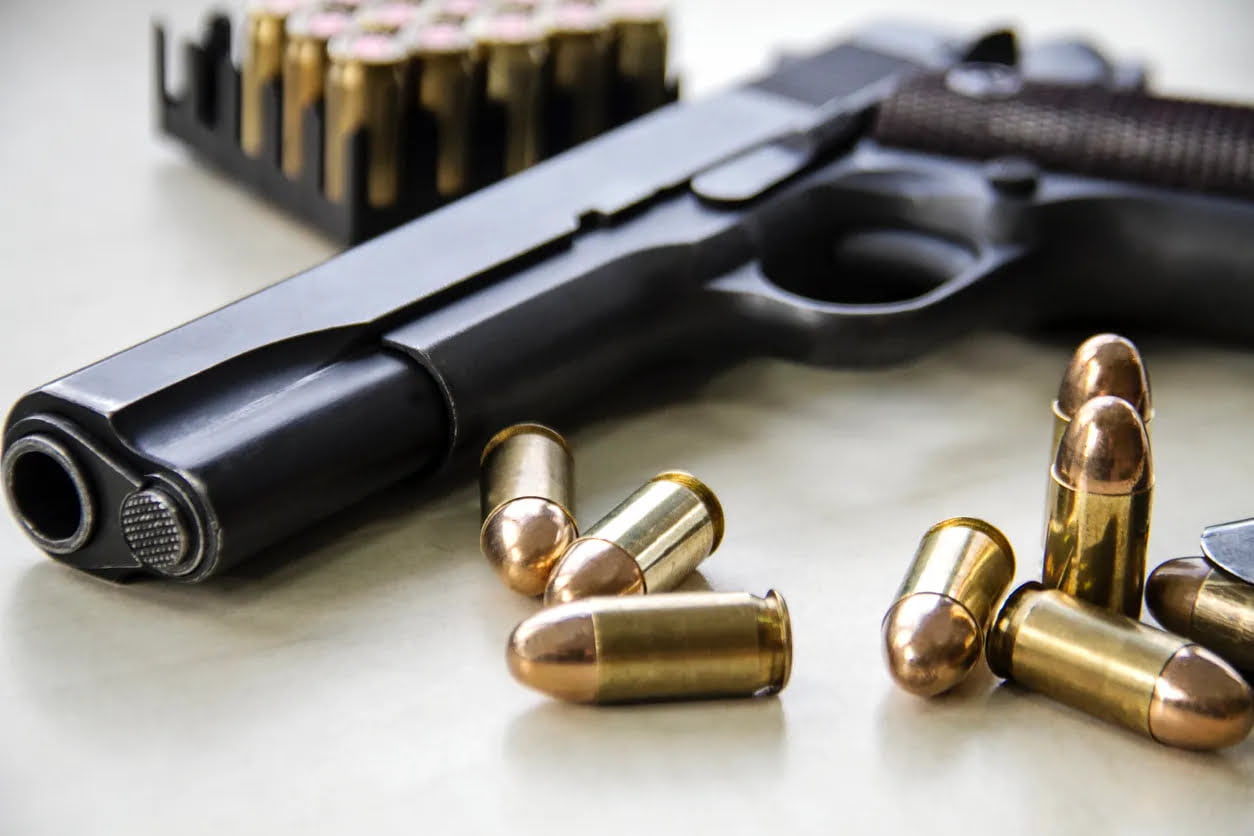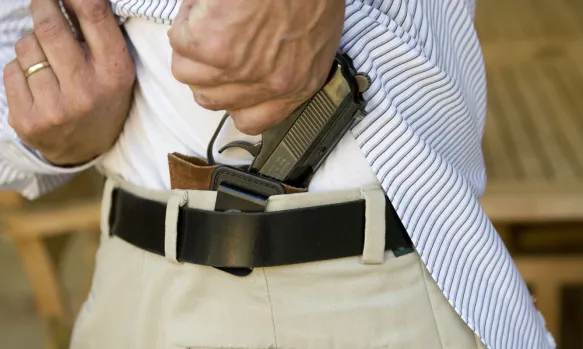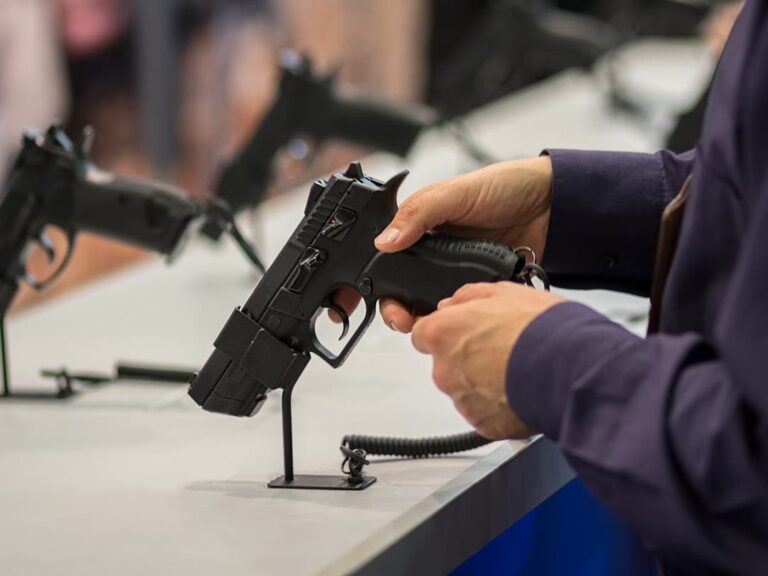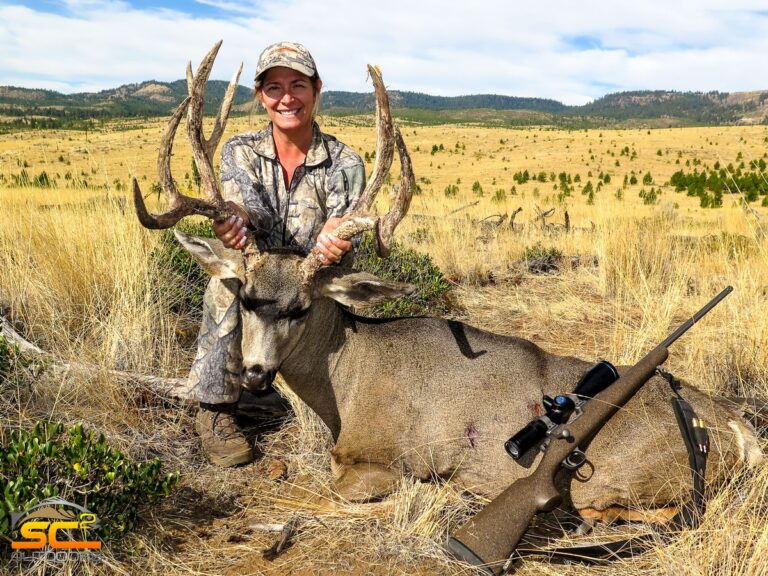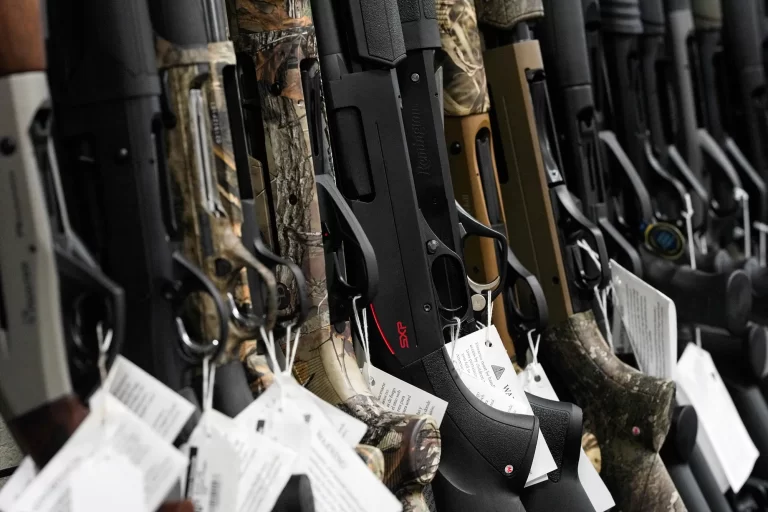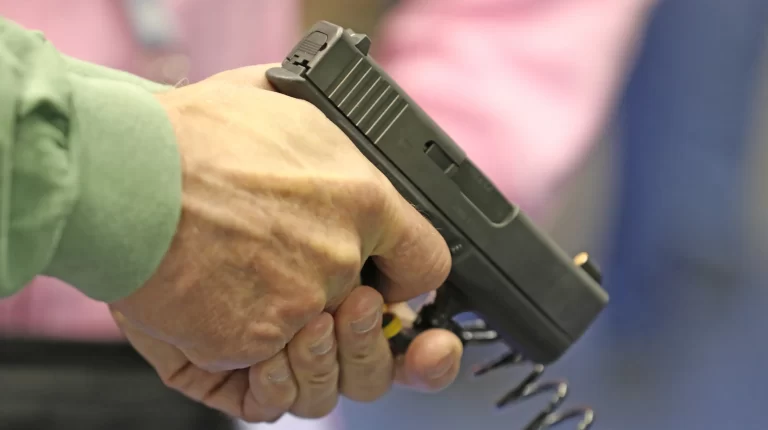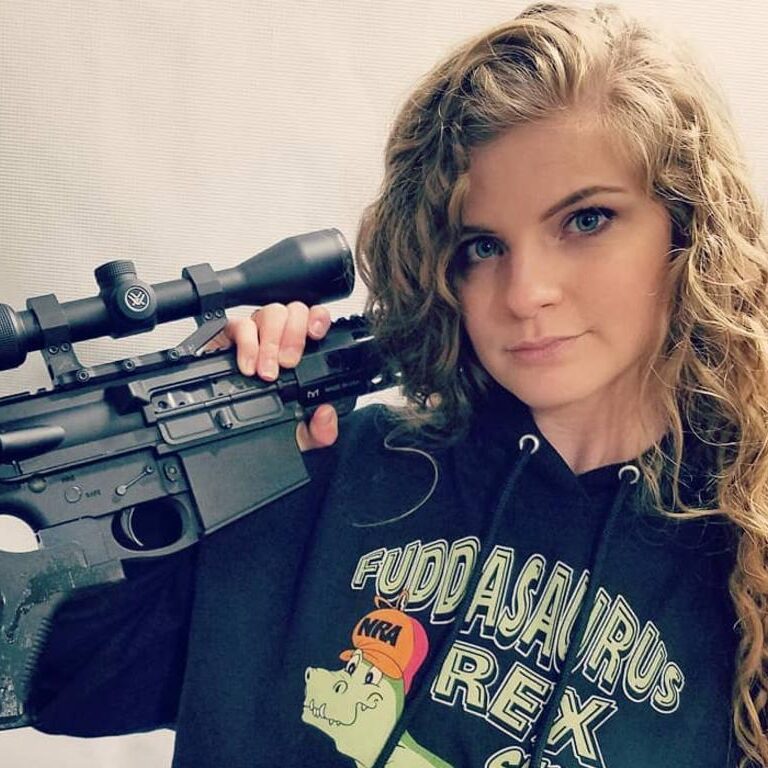California Guns Laws
California, a state known for its strict gun laws, has a unique approach to concealed carry reciprocity. In this comprehensive guide, we’ll delve into the intricacies of California’s concealed carry laws, highlighting the key points, regulations, and considerations for those interested in carrying a concealed weapon. From understanding where you can carry to exploring reciprocity agreements, this article will provide you with valuable insights into California’s concealed carry landscape.
Overview of California Guns Laws
California’s firearm regulations are renowned for their stringency, often being compared to the stringent laws of New York. The state operates under a “May Issue” policy, meaning that local sheriffs possess the final authority to issue concealed carry permits. This discretion can vary significantly, with rural counties being more permissive compared to their urban counterparts magazine.
One of the notable features of California gun laws is the requirement for all firearms to be registered. This adds a layer of oversight to firearm ownership in the state.
California Gun Laws Magazine Capacity:
California prohibits the manufacture, import, sale, gift, loan, or possession of large-capacity magazines that hold more than 10 rounds of ammunition. Limited exceptions exist for law enforcement and the military.
California Gun Laws for Travelers:
Firearms carried by travelers through California must be unloaded and in a locked container other than the glove box or center console. Ammunition must be separately contained. Requirements are strict for flight layovers.
California Gun Laws for Out Of State:
Out-of-state residents visiting California must conform to state firearms transportation laws requiring unloaded, locked weapons and ammunition. Concealed carry permits from other states are not valid in California.
California Gun Laws for Active Duty Military:
California exempts U.S. armed forces members with permanent duty station orders in California from typical firearms ownership/acquisition restrictions if they comply with federal law. Other legal requirements still apply.
California Gun Laws List:
California has instituted many major gun regulations including assault weapons bans, handgun roster requirements, age limits, purchase restrictions, concealed carry permits requiring “good cause,” ammunition background checks, and mandatory waiting periods among others.
Constitutional Carry and Open Carry
California does not recognize constitutional carry, and residents must obtain a California Concealed Weapons License (CCWL) to carry a concealed firearm. Open carry is allowed under specific conditions: individuals must have a valid CCWL, and they can only open carry in counties with populations under 200,000 people. Otherwise, open carry, whether loaded or unloaded, is prohibited.
Carrying in Vehicles and State Parks
Carrying a concealed weapon in a vehicle is permitted for individuals with a CCWL. If you lack a CCWL, California mandates that your firearm must be unloaded and stored in a locked container located in a separate compartment from the glove compartment. State and national parks also allow concealed carry provided the CCWL is valid in the park’s county.
Carrying in Restaurants and No Weapon Signs
While California law doesn’t explicitly address carrying in restaurants, individuals with a CCWL are required to avoid establishments that primarily serve alcohol. Although “No Weapons” signs do not hold legal weight in California, it’s essential to respect the regulations set by private property owners.
Reciprocity Agreements
California has a distinct approach to concealed carry reciprocity. While it does not honor permits from other states, 24 states recognize California permits. However, California’s concealed carry program is county-specific, meaning that you must hold a permit specific to the county where you wish to carry.
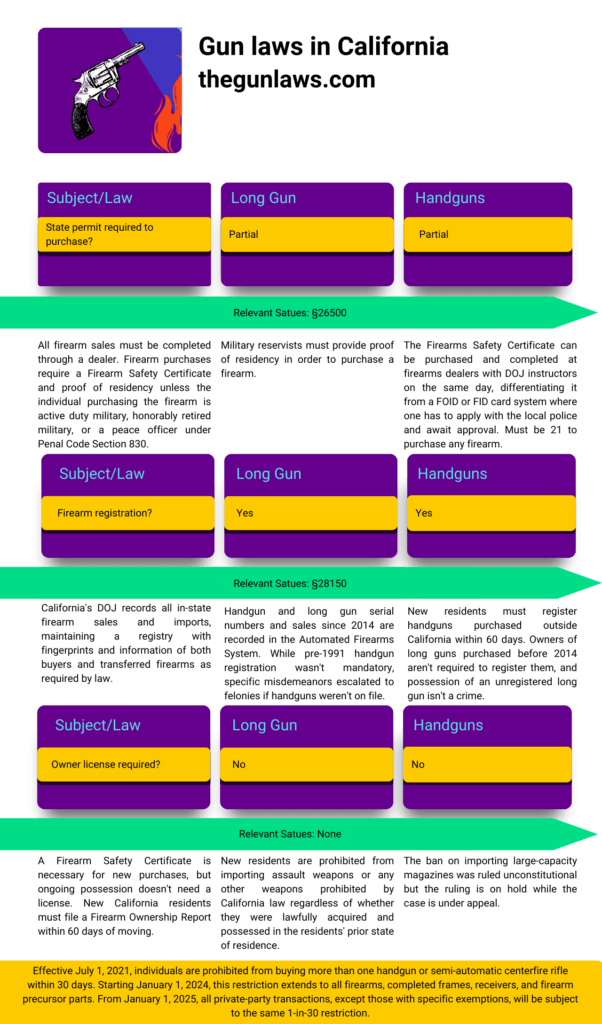
Where CCW is Allowed
California’s concealed carry laws dictate where firearms can be carried. State parks, national forests, roadside rest areas, and vehicles are generally permitted areas. However, certain locations, such as schools, courthouses, and state capitol grounds, are off-limits. Additionally, carrying while consuming alcohol is prohibited, and concealed weapons must be listed on the permit.
Constitutional Carry and Open Carry
California’s open carry laws are subject to county regulations. To open carry, residents must have a CCWL and can only do so in counties with populations under 200,000. Carrying in vehicles is allowed without a permit for those over 18, but the handgun must be locked and unloaded. The Law Penal Code 16850 governs this provision.
Carrying in State Parks and Restaurants
State parks and national forests allow concealed carry with a valid CCWL. However, carrying in state park buildings is prohibited. Regarding restaurants, California’s laws are nuanced. Although the state lacks explicit regulations, CCWL holders are advised to avoid establishments primarily selling alcohol.
Constitutional Carry and No Weapon Signs
Constitutional carry is not recognized in California. The state does not enforce “No Weapons” signs with legal weight, yet it’s crucial to respect private property regulations.
Notifying Law Enforcement
While California does not mandate statewide notification, some counties require individuals to inform officers when approached on official business.
Conclusion
Navigating California’s concealed carry laws requires a comprehensive understanding of country-specific regulations and reciprocity agreements. As the state’s regulations can be complex, seeking legal guidance and adhering to local laws is essential for responsible firearm ownership.
FAQs
1. Can I open carry in California without a CCWL?
No, open carry in California requires a valid CCWL and is limited to counties with populations under 200,000.
2. Are “No Weapons” signs legally enforceable in California?
No, “No Weapons” signs in California do not carry legal weight, but it’s advisable to follow private property rules.
3. Can I carry my concealed weapon in a California restaurant?
While there is no specific law, CCWL holders are encouraged to avoid carrying in establishments primarily selling alcohol.
4. Does California recognize concealed carry permits from other states?
No, California does not honor out-of-state permits. Carry permits are county-specific within the state.
5. What is the penalty for carrying a concealed weapon without a valid CCWL?
Carrying a concealed weapon without a valid CCWL in California can result in severe legal consequences, including fines and imprisonment.
